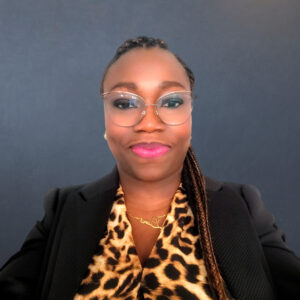

You are taking a significant step toward improving your relationship. Meeting with a couples’ counsellor for the first time can feel daunting, especially if you are unsure how to prepare for the first session. The following tips can help you get ready for your first meeting, ensuring you make the most of this valuable opportunity.
Begin by reflecting on what a happy marriage looks like to you. In two or three sentences, on a blank piece of paper, describe specific aspects of a happy marriage that are important to you. Examples include how you wish to communicate with each other, what you want intimacy in your marriage to look like, what shared goals you would like to have, or what it means to have mutual respect. This exercise will help you clarify some of your expectations and desires, providing a clear starting point for discussions. Bring what you wrote with you to the session, including your responses to the other questions below.
Ask yourself what you, as an individual, can do to improve your marriage. This requires honest self-reflection. Consider your actions, attitudes, or behaviors that you could change or enhance to contribute positively to the relationship. Be sure to write down a sentence or two.
Be candid with yourself and identify any of your behaviors and actions that might be sabotaging your vision for a happy marriage. Acknowledging these issues is crucial for personal and relationship growth.
Reflect on and then write down the positive things you are already doing to uphold your vision of a happy marriage. Consider whether these actions are sufficient or if there is room for improvement. Understanding what works well can help reinforce these behaviors and encourage you to build upon them.
Do you think your spouse or partner likes and appreciates what you are already doing? If so, think about whether you still need to improve in those areas or whether your efforts are good enough. Being honest and open about this question sends a clear message to your partner about your commitment to the relationship and your willingness to grow.
Take time to write down the positive attributes of your spouse or partner. Be genuine and specific in your praise. This exercise helps foster a positive mindset and reminds you of the strengths in your relationship, which can be particularly useful during challenging discussions in counseling.
Write down the things you want to say to your partner in the session without using contempt, gaslighting, criticism, or being judgmental. Counseling sessions are a space for constructive dialogue, so it is vital to approach these conversations with care and respect.
Prepare for your counseling session with a positive and open mindset. Remember that marriage involves two individuals who, while united, maintain their individuality. Personality differences are natural. What matters is how you deal with those differences. Counseling can provide tools and strategies to help you respectfully accommodate differences with affection and care.
Strive to look forward to the counseling session as an opportunity for growth and improvement. Couples counseling can help you develop better communication skills, resolve conflicts more effectively, and deepen your emotional connection. By preparing thoughtfully, you set the stage for a productive and transformative experience.
I look forward to seeing you in the session!
© 2025 Calgary Couples Counselling Centre Inc. | Web by KP Design | COVID Policies | PRIVACY POLICY